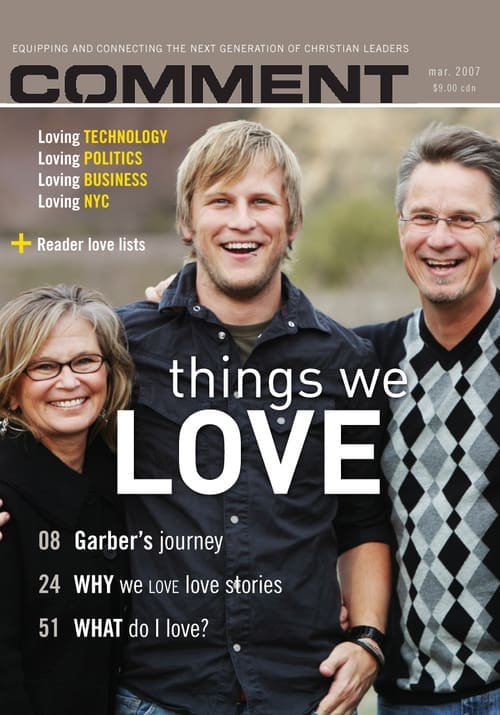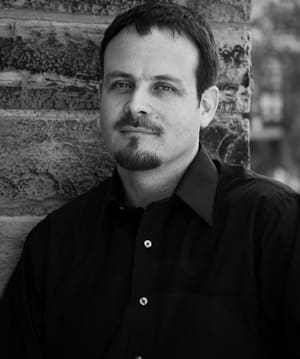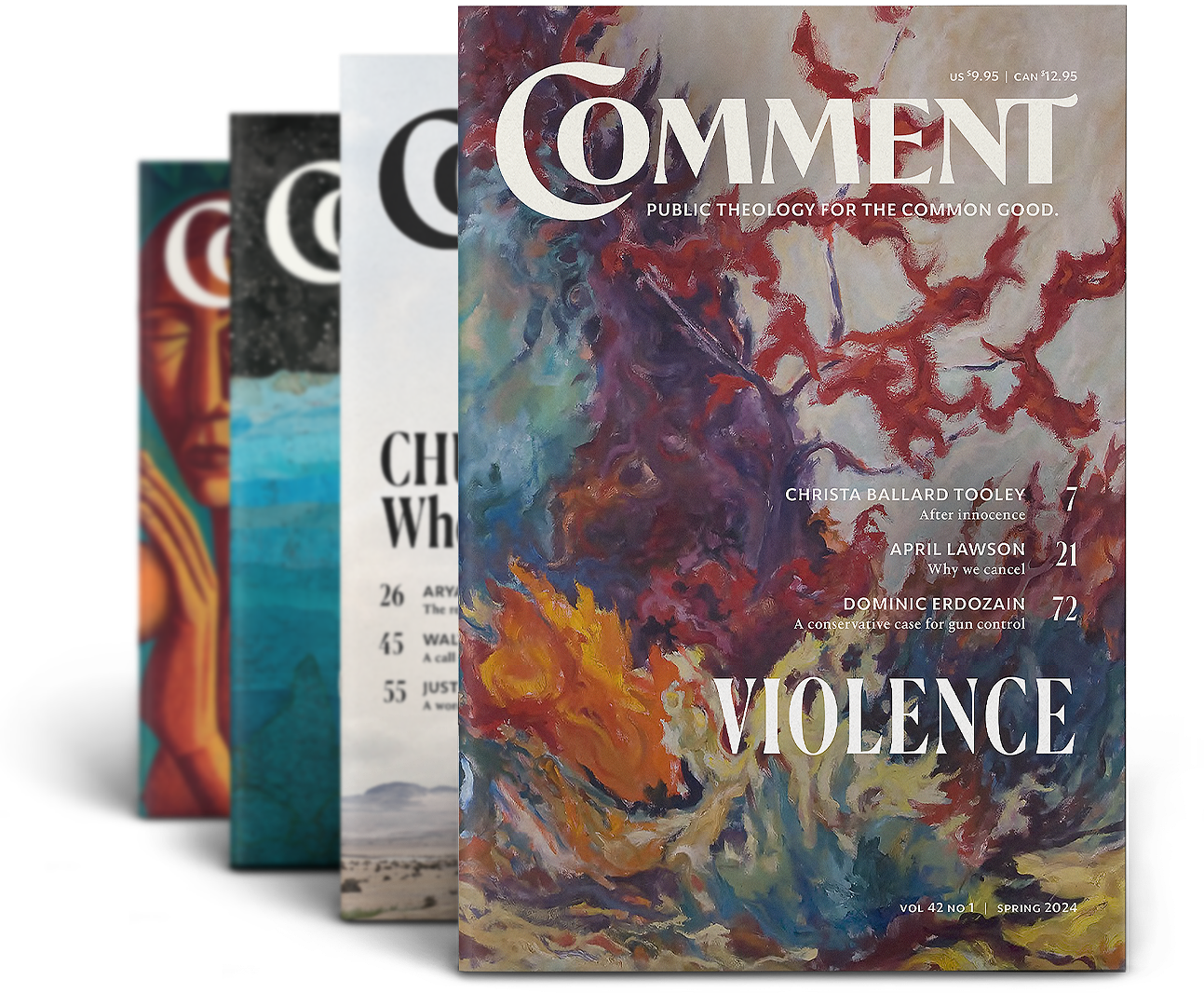Some say cavalry corps,
some infantry, some, again,
will maintain that the swift oars
of our fleet are the finest
sight on dark earth; but I say
that whatever one loves, is.—Sappho
I love the house in which our family lives, partly because we are able, for the first time in ten years, to offer the kind of hospitality that we enjoy sharing with our friends. I love soft-tipped pens from which the ink flows in a dark, brilliant gleam. I love the colour red when it occurs in nature without human intervention. I love reading, in particular novels, philosophy, and short, short poems.
These loves matter to me, as do thousands of other things: colours, textures, flavours, feelings, artifacts, places, relationships, communities… But my loves are not all equal. Some things I love more deeply than others. For some things my love is fleeting, for others—a short list—my love endures. The love I have for my children. The love that continues to grow between Angela—my wife—and me (“an ever-fixed mark/ That looks on tempests and is never shaken“). The love of God (which never ends).
What is love? I am a mere beginner in the study of love, and it would seem that this is a question the answer of which is as much in dispute as any other that has been considered by poets and philosophers. As I learn about love from Plato, Aristotle, and Augustine, among the ancients, and from more recent thinkers, like C.S. Lewis, Anders Nygren, and Benedict XVI it becomes clear to me that while I love often, I am less often able to explain what it is that I do when I love. There is much to learn and much to dispute in all of the great writings on love. As a start it seems to me that the things we love—”things” here used broadly, sloppily, to include persons and places, experiences and entities—are things to which in some sense we belong—things to which we are committed. Love is commitment.
Love is the most powerful source in our lives. It is the most basic, the most encompassing, the deepest relationship of which we are capable. All of our loves, in some way, shape us. Our deepest loves shape us most decisively, so that it can be said that we become like that which we love. To be authentically ourselves is to be most thoroughly like that which we love most deeply—our identity is rooted in our ultimate commitment.
For this reason it is worthwhile to reflect on the things we love: as we consider our loves, we come to know ourselves. It is out of our loves—our commitments—that our identity, our character, grow. It is out of loves—our commitments—that our beliefs, our convictions grow. It is in shared loves—shared commitments—that we discover our truest friends and our most enduring communities.
We are publishing a series of articles on the things we love in the online edition of Comment. This theme will also be reflected in the next print issue of our journal. As our authors consider certain parts of their lives—the cities in which they live, the spheres of life in which they work, and the things they love in those parts, we hope that you will be drawn to consider the things you love . . . That as you think about these things you will join us in asking the big questions about love and ourselves. What is love? What do we love? What do our loves make of us? We also hope—and here I wax Augustinian—that as we consider the things we do love, that we will become more deeply aware of the things that we ought to love.



